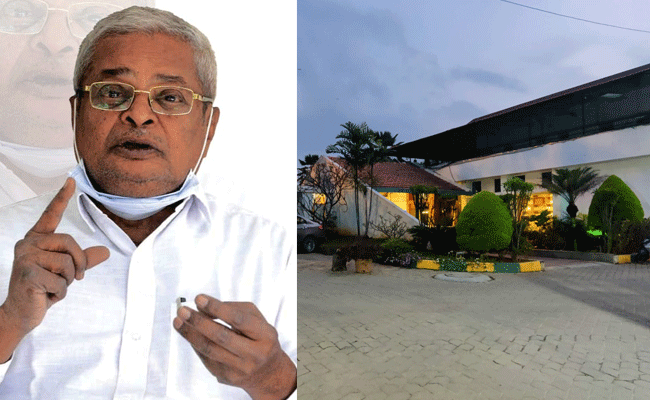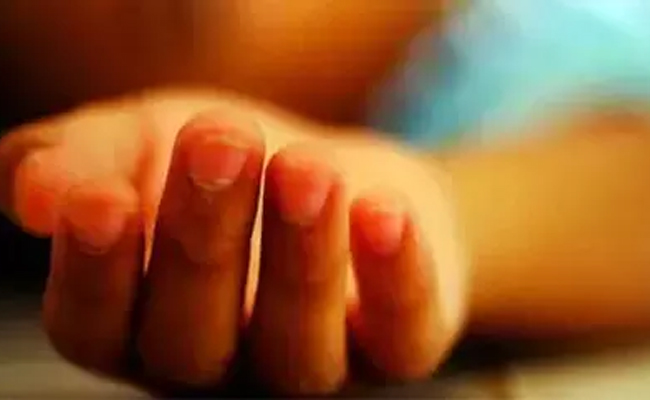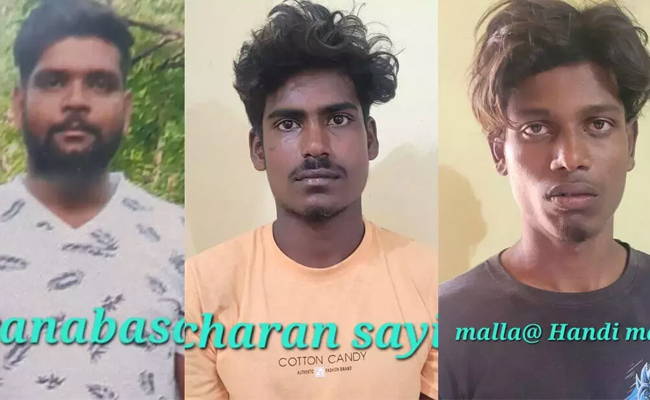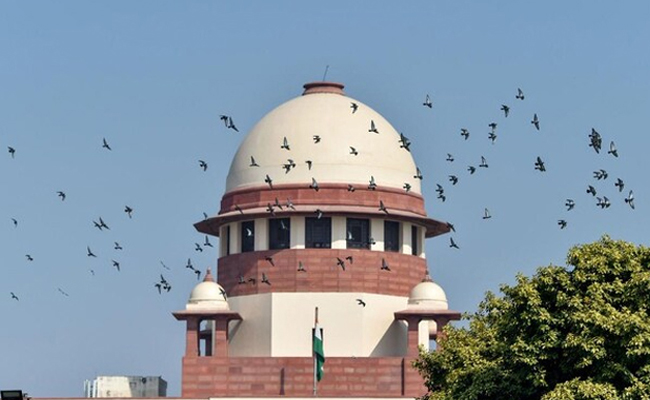Rampant encroaching of public property by religious institutions, corporate houses, private entities and other powers has been a major issue in all fast growing cities. Bengaluru is no exception. One particular case of encroachment of public land in erstwhile Bharatinagar constituency (currently, Sarvagnanagar) was resolved only last year.
The land in question measures Four acres, 3 guntas on CTS No.1378 which houses the Indian Gyamkhana Club. The Club has been sitting on this land since its establishment in 1932 during the erstwhile British Raj period. This land of Four acres, 3 guntas were leased to the Club in 1932 by the then City Municipality for a period of 5 years. Subsequently the lease was renewed by the Bruhat Bengaluru Mahanagara Palike (BBMP) in the years 1937, 1954, 1969, 1978, 1994 and 2008.
In 1994, the BBMP attempted to reduce the lease area to 1acre 8 guntas and restore the rest for civic and public purposes. However, the State Government, directed the BBMP to lease the entire land to the Club for 35 years for an annual fee of Rs. 2,800 per square feet. for every acre up to 2008.
In 2008, upon the termination of the lease, the Ho’ble Supreme Court held that 1 acre 8 guntas be leased to Indian Gymkhana at the rate of Rs.2,800/- per sq.ft. and the remaining land be used for Community Sports and Public Use.
However, in 2010, the government directed Indian Gymkhana to pay a lease amount of Rs.60,000/- for every acre of leased land of 4 acres 21 guntas and the lease to be renewed once in 3 years at 15% for a period of 35 years
It was then that Vidhana Sabha Member and x-MLA of Bharatinagar constituency, N Rajanna questioned the above order of the Government stating that it was against the 2008 guidelines of the Hon’ble Supreme Court and submitted a complaint in 2014 to Hon’ble Lokayukata to conduct an enquiry. Hon’ble Lokayukta sought the opinion of the Law Department of whether the Government had the authority to lease out public property to private entities.
It was found that the Government did not have the authority to lease away property of the Corporation for a lesser rent. Accordingly, a report was submitted by Upa Lokayukta to withdraw the Government order.
Rajanna further submitted in 2014 that the property leased to Indian Gymkhana is worth several crores and the land should be used for public use and for children’s ground.
In 2015, the Government order leased 1 acre 8 guntas to Indian Gymkhana at Rs.2,800/- per sq.ft. and for an yearly lease of Rs.1,46,36,160/-.
Questioning the Government Order of 2015 and the order of the Upa Lokayukta of 2014 and letter dated 2014, Indian Gymkhana filed in writ in WP No. 45070/2015 wherein the Hon’ble High Court of Karnataka directed the Government to reconsider the matter. However, the learned AAG submitted that the matter will be heard by Additional Chief Secretary, Urban Development Department on 3/10/2016.
IN April 2017, Additional Chief Secretary, Urban Development Department proposed a resolution wherein it was held that the lease shall be fixed for the portion where the old club is situated and facilities situated with prior approval of BBMP and such areas needed for reasonable usage of the above structures. The balance area shall be used as playground for public and Club Association among others.
Indian Gymkhana filed a writ in WP No 21179/2017 questioning the above order which was dismissed by Hon’ble High Court of Karnataka on 31/8/2018
Finally in 2022 the Government vide GO order: NaAaEe 152 MNG 2014 stated that out of 4 acres 21 guntas, 3 acres 13 guntas will be used for children’s park and public use. 1 acre 8 guntas is to be leased to Indian Gymkhana Club. And stated that the Club will have to have pay the amount due since 2008 at Rs. 5,99,53,31,544.66 for unauthroised usage of 3 acres 13 guntas and Rs. 2,16,37,28,677.77 towards lease amount and interest for usage of 1 acre 8 guntas to BBMP. Further, the lease amount for 2020-21 shall be decided by BBMP and BBMP shall take possession of the balance land measuring 3 acres 13 guntas.
Since then, the BBMP took back 3 acres 13 guntas and is maintaining it as a playground for the public.

Girish Linganna
Let the Truth be known. If you read VB and like VB, please be a VB Supporter and Help us deliver the Truth to one and all.
New Delhi (PTI): Prime Minister Narendra Modi on Monday inaugurated the India AI Impact Expo here featuring over 600 high-potential startups and 13 country pavilions showcasing international collaboration in the AI ecosystem.
He also interacted with startups participating in the expo.
The prime minister visited various stalls and spoke with the companies participating in the expo. He was seen asking questions from company representatives to better understand what they are showcasing.
ALSO READ: SC rejects plea over hoardings 'prohibiting' entry of pastors in Chhattisgarh villages
The prime minister spent several minutes at various stalls while interacting with the representatives.
The Expo brings together global technology firms, startups, academia and research institutions, central and state governments and international partners.
Spread across 10 arenas covering more than 70,000 square metres, the Expo brings together global technology firms, startups, academia and research institutions, Union ministries, state governments and international partners.
The Expo also features 13 country pavilions, showcasing international collaboration in the Artificial Intelligence (AI) ecosystem. These include pavilions from Australia, Japan, Russia, the United Kingdom, France, Germany, Italy, the Netherlands, Switzerland, Serbia, Estonia, Tajikistan and Africa.
The Expo will host over 300 curated exhibition pavilions and live demonstrations, structured across three thematic chakras -- people, planet and progress.
In addition, the Expo will feature over 600 high-potential startups, many of them building globally relevant and population-scale solutions. These startups will demonstrate working solutions that are already deployed in real-world settings.





